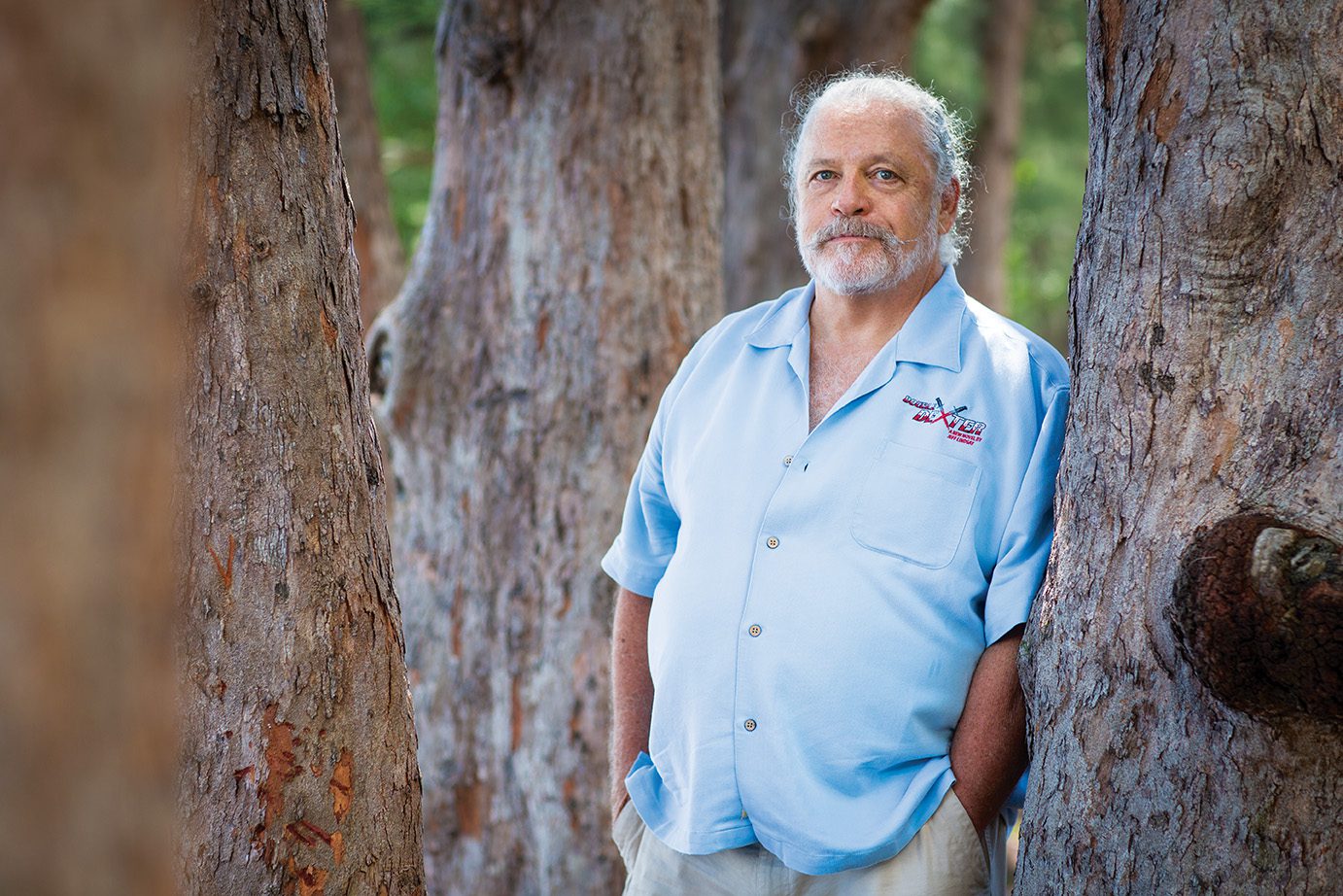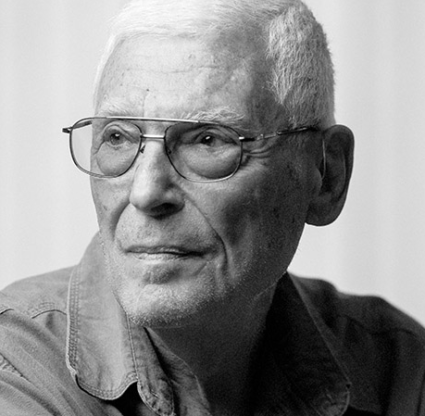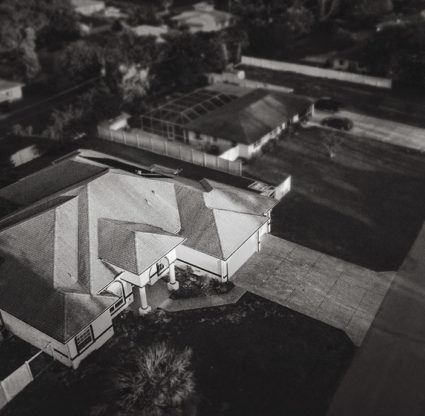Editor’s note: Writer Jeff Lindsay has lived most of his life in South Florida. He grew up in Miami and after a stint in Los Angeles returned with his family to live in Southwest Florida. As he explains here, the state has become ingrained in his life—and writing. The title character of his Dexter series—the serial killer who kills killers—gets wrapped up in the seedy side of Miami. His recently published novel, Red Tide, centers on an ex-cop in Key West. For better or worse, Lindsay can’t quite escape Florida.
A lot of what I love is going or gone. It’s a shame, but what’s left is enough to keep me here.
There’s something about Florida—just watching the sun come up over the water or watching the sun set over the water. The water has a lot to do with it. The way the breeze feels. The way the clouds look as they’re going 90 miles per hour overhead. They don’t do it that way anywhere else. It’s the whole palate. The colors, the tastes, the sounds.
When I was growing up, Miami was a sleepy Southern town, basically a Caribbean port. You didn’t lock your doors at night. We’d camp in the Everglades when I was young. We’d go fish, whoever had a boat; we’d just go out and putter around. There were a bunch of islands right in Biscayne Bay. There’s this great island that had a lagoon in the middle where horseshoe crabs came to breed. We camped there; it had this old pier that was maybe 20 feet high. Looked like a bridge. We’d dive off of it. I went off at low tide once, and I ended up with a pin shell ripping up my leg. Looking back, even that feels like a good memory.
One time we’re out in the Everglades, and we’re eating lunch. I’ve got a sandwich, and my friend says, “Hey, look at your foot.” I look down, and there’s this alligator looking at me and my sandwich. I did not give him my sandwich. But I did move.
When I was growing up, we didn’t have air conditioning, not even in the schools. You’d just sweat. As a kid, you don’t notice it. I played football in this weather. Every summer in high school. You’d lose 10 pounds practicing. I’ve gotten used to it, and I have to say I kind of like it now. When AC became cheap enough for everyone to have, the population must have tripled.
I was in Los Angeles for 12 years. I went up there because I was part of a theater company. We had a brilliant idea that we could pay for our theater by doing commercials for TV. What I learned is that there are people who spend 18 hours a day on getting just one line on a commercial. So, the fact that we thought we could waltz in and get work was just hubris.
There’s no sense of time passing in LA. My wife realized that when she pulled out a box of old letters she wrote to my mom. All are the same: “We’re doing good, it’s hot, the smog is bad, and we have a meeting at the studio next week.” When our first child was born, we had a clock. We could see time passing, and we had to get out of LA. Naturally, we came back to Florida. My wife’s mother had got cancer. We thought we’d go back and help out.
When my wife and I moved back there, the Miami of our childhood was long gone. Yes, it was more exciting—but we felt it was a lot more dangerous, too. To us, Southwest Florida seemed a bit like Miami in the ’70s, a place where you could still let your kids take the boat out by themselves without worrying that they’d end up on a voodoo altar somewhere.
Southwest Florida is still a great place to raise kids. Even as things change. The population in the Southwest Florida area has quadrupled in the time we’ve been here. It’s getting to the lemming point.
In my writing, Florida can be inspiration. All the weird stuff happens in Florida. Why is Florida so weird? I don’t know. There’s just this mix of people here who come through aimless, restless, looking for something. Florida can be an inspiration in that sense. But it pushes you. If you think you’ve come up with something strange, there’s a good chance something stranger has just happened.
The idea for Dexter goes back to the story I tell about a luncheon I attended. I had a couple of books out—Dreamland and Tropical Depression. A local Kiwanis club asked me to speak at a luncheon. I was sitting at the head table looking at this audience full of bail bondsman and ambulance chasers—because this is Florida—and I look at them being horribly phony and smiling these fake smiles at each other, talking with food in their mouths. It popped into my head: Serial murder isn’t always a bad thing. The idea took some refining, of course, but that was basically it.
I set Dexter in Miami. Because, really, where else would he live? I had always wanted to do a series, and that’s what I did with Dexter. I really did enjoy writing it. At one point, my wife suggested that I was getting tired of it. My publisher said the same. I started thinking, “Well, I don’t think I am, but if I ever find myself phoning it in, I quit.” Instead, I thought, I’d go out on top. So, I quit when I was ahead.
Most recently I published Red Tide, which I wrote 25 years ago but was never published. It’s the second of a series. The original book (Tropical Depression) was my first novel. I was spending a lot of time in Key West. I had the idea of an ex-cop who’s a fishing guide. He’s a reluctant hero.
Key West—the first time I was there, it was dead. There was the Navy base and a few bars. Every year, more people would come and more development would happen. Now, it’s like being in a mall in Cleveland. But, you know, Ernest Hemingway moved away in the ’30s because he said it was overrun with tourists.
There’s something I try to describe about Florida but can’t. When you’re out at night just walking around there’s this smell combination of vegetation and fruit and seaweed and I don’t know what all. That’s the smell that got into me. That lets me know that I’m home.





